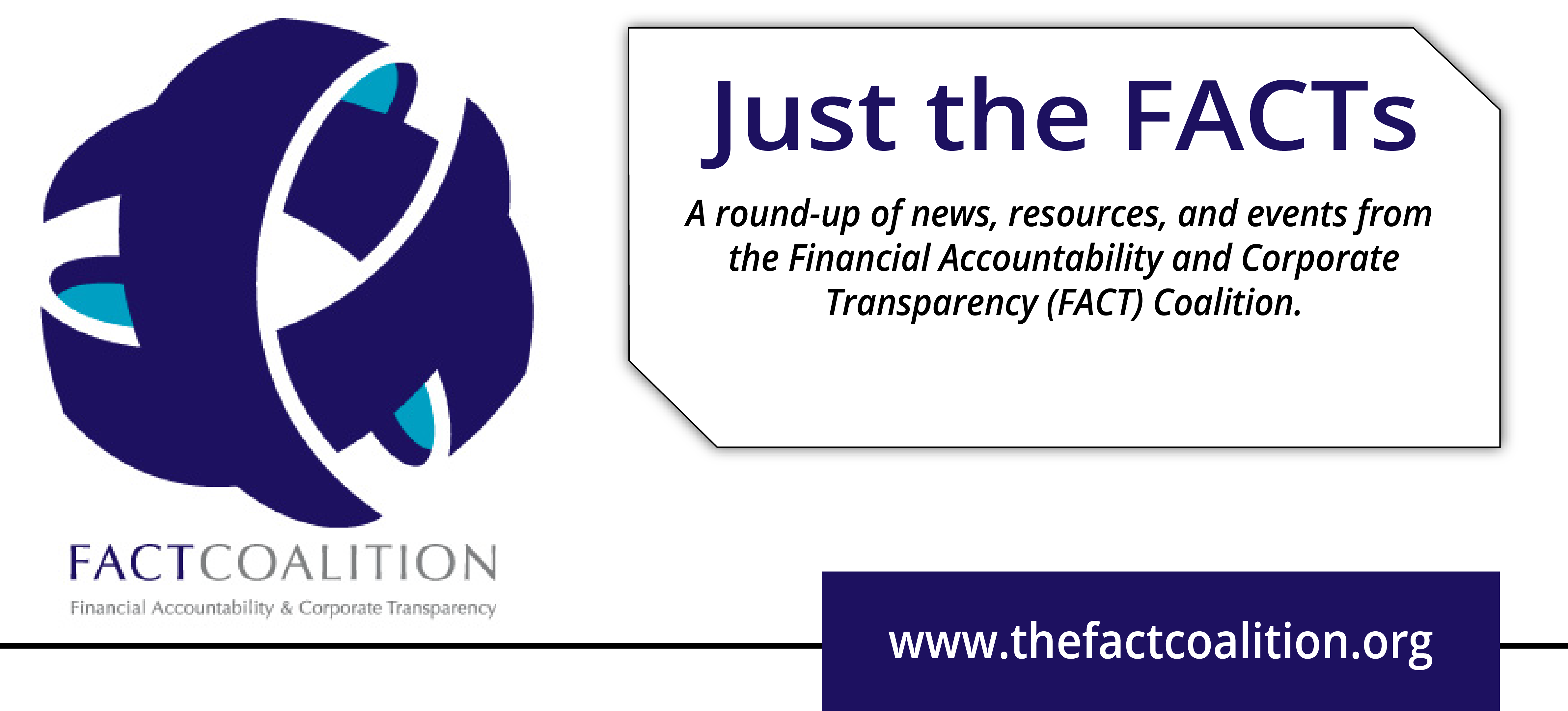“Just the FACTs” is a round-up of news stories and information regarding efforts to combat corrupt financial practices, including offshore tax haven abuses, corporate secrecy, and money laundering through the financial system.
Send feedback or items for future newsletters to Patricia Ainembabazi at painembabazi@thefactcoalition.org
JOBS: The FACT Coalition is seeking a Policy Fellow and Policy Intern for the fall. Please spread the word!

Here is the State of Play
Crucial Funds Will Support the Financial Crimes Enforcement Network in Finalizing Overdue Anti-Money Laundering Reforms
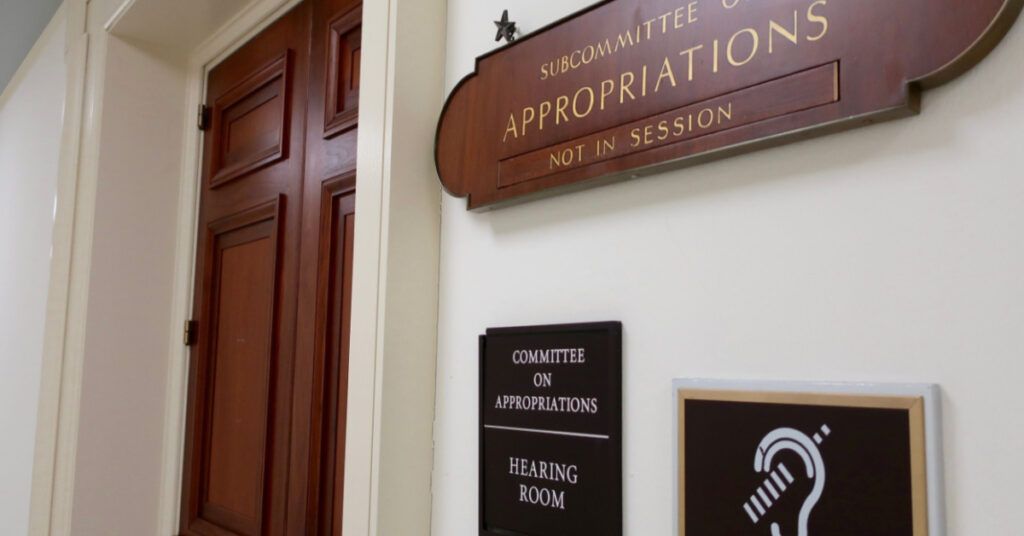
On July 20, the House of Representatives passed a six-bill appropriations package (H.R. 8294) for the fiscal year 2023 that includes $210.33 million for the Financial Crimes Enforcement Network (FinCEN). FinCEN is the bureau of the Treasury Department responsible for implementing the Corporate Transparency Act (CTA) to end the abuse of anonymous U.S. shell companies, as well as for crafting other rules to counter money laundering in the $50 trillion real estate and $11 trillion private investment markets.
This new appropriations budget represents a 31 percent increase in FinCEN’s budget over FY2022 enacted levels and meets the amount requested by the Biden Administration in the President’s discretionary budget request earlier this year. The Senate has not yet released its draft appropriations language. FinCEN has previously cited budgetary constraints as a cause of delay in implementing the landmark CTA, as well as other needed reforms. FACT continues to lead the charge for increased FinCEN funds, as well as timely action by FinCEN to implement the CTA through final regulations by December 2022.
House Approves Bipartisan Act to Rein In the Enablers of Corruption
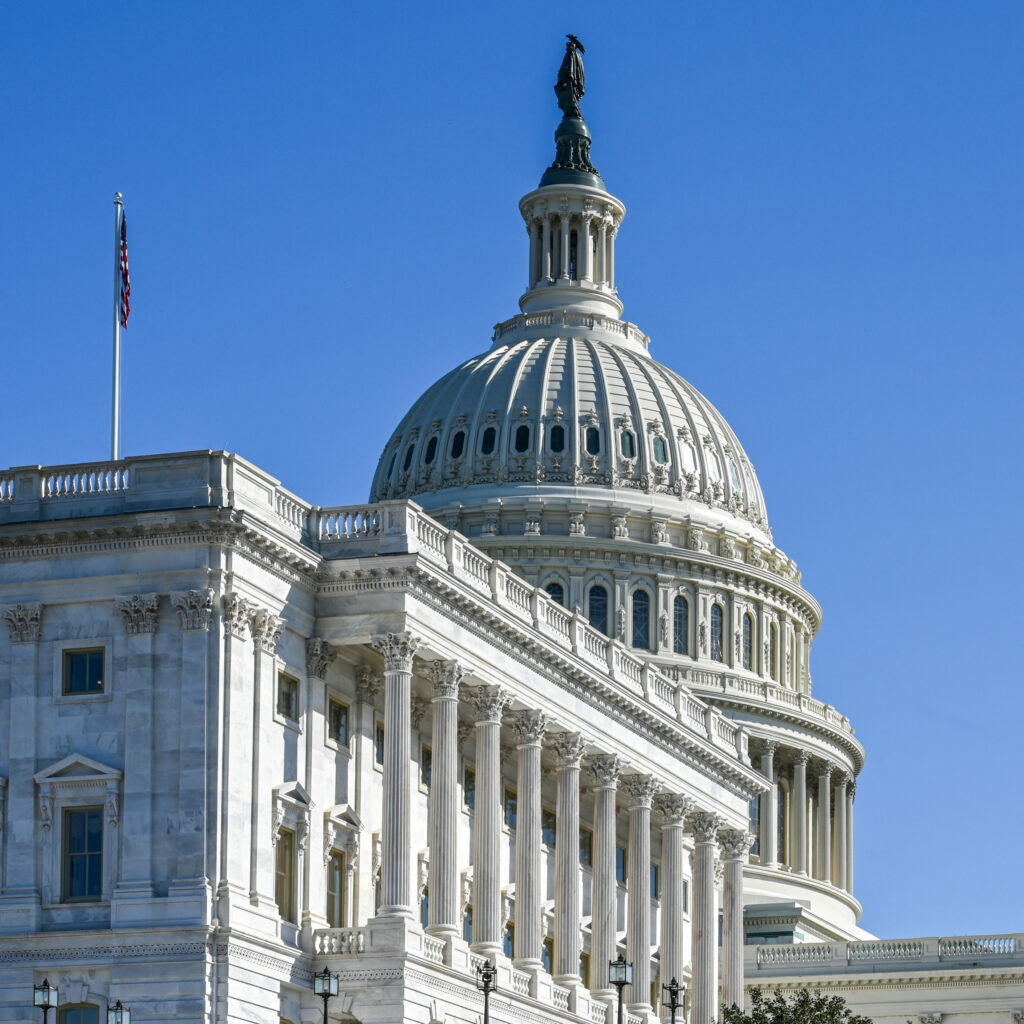
On July 13, the U.S. House of Representatives approved the Establishing New Authorities for Businesses Launder and Enabling Risks to Security (“ENABLERS”) Act, as part of the annual must-pass National Defense Authorization Act. The Act requires certain professional service providers best positioned to act as “gatekeepers” to the U.S. financial system – those who provide financial, company, trust, or third-party payment services for their clients – to adopt common sense anti-money laundering procedures that can help detect, flag, and prevent the laundering of corrupt and other criminal funds into the United States.
The bill amends the 52-year-old Bank Secrecy Act by requiring, for the first time, that trust and company service providers, lawyers, accountants, and others investigate clients and report suspicious activity to the U.S. Department of Treasury. While banks are already required to vet their clients and sources of wealth, other American financial gatekeepers have been excluded from so-called customer due diligence rules – a loophole long criticized by financial crime experts and international watchdogs.
Now that the House has passed the ENABLERS Act, FACT is calling on the Senate to take action to enact the legislation. The next opportunity to move the legislation could be as an amendment to the Senate’s National Defense Authorization Act, which at this time, is expected to go to the floor in September.
Pared Back Reconciliation Hopes Jeopardize Timely U.S. Implementation of 15 percent global minimum Tax
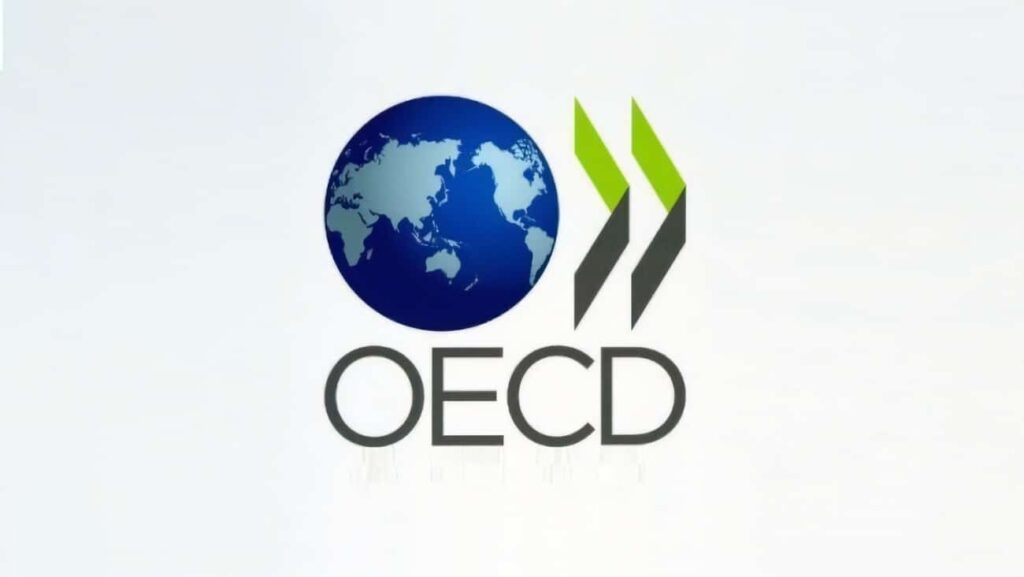
On Thursday, July 14, news broke that reconciliation efforts in the Senate had been pared back, jeopardizing the timely implementation by the United States of a 15 percent global minimum corporate tax, applied on a country-by-country basis, among other key priorities of the Biden Administration (such as responding to mounting climate threats). The minimum global corporate tax is part of a paradigm-shifting agreement reached by 137 jurisdictions through the Organisation for Economic Cooperation and Development (OECD)’s Inclusive Framework, including the United States, meant to combat international tax competition that facilitates profit-shifting and base-erosion by large multinational enterprises. The United States created a global minimum corporate tax–the global intangible low-taxed income (GILTI) tax–in 2017. However, the structure of GILTI, which currently applies at a rate equal to around half the domestic corporate tax rate and allows blending of offshore income and tax credits, continues to encourage profit-shifting, offshoring and other deleterious practices by multinational enterprises. Meanwhile, other jurisdictions, including the U.K., are pressing ahead on reforms needed to advance the global minimum corporate tax.
The FACT Coalition has previously reiterated that failing to implement international tax reforms in the United States that advance the OECD Agreement would be a lose-lose-lose policy. This failure would continue to encourage profit-shifting and offshoring of investment and jobs, yielding no competitive benefit for U.S. multinationals and potentially contributing to the failure to invest in solutions to some of our most significant long-term competitive concerns. In contrast, these reforms can advance multilateralism to combat global democratic crises. This is critical in light of the sustainable funding challenges and lack of public trust facing global governments as they take on existential threats like climate change and rising authoritarianism. These reforms also deter the incentive to shift profits and offshore factories and jobs. The FACT Coalition is not done fighting for international tax reforms consistent with those in the House-passed Build Back Better Act (H.R. 5376) and the OECD Agreement and urges Congress to prioritize these reforms before the year is ended.
Environmental Crimes and Illicit Finance Convening
On June 28 and 29, the FACT Coalition joined with more than 60 experts from across government, academia, and civil society to discuss the growing intersections of environmental crimes, corporate secrecy, and illicit financial flows. As participants of the virtual convening discovered through curated panels and presentations, increased attention to this nexus could not be more timely, with criminal profits hitting up to $281 billion dollars a year and growing fast.
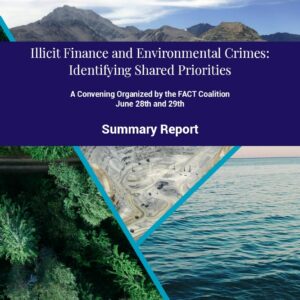
With such staggering illicit wealth lining the pockets of criminal organizations and corrupt corporations, it is no surprise that environmental crime has become a clear money laundering threat, as evidenced by the Financial Crimes Enforcement Network’s advisory on the subject in November. Environmental crimes have enabled a dark convergence of criminality, bringing in not only money laundering schemes but also flagrant corruption of officials at all levels of government, labor exploitation abuses, and drug trafficking networks. It will take a similarly concerted effort to unravel these connections, and FACT is calling for greater cooperation between conservation and anti-corruption advocates.
Latest from FACT
| BLOG POST: Policymakers Must Consider Bold Policy Proposals to Counter Multiplying Money Laundering Threats from Environmental Crimes July 25: The growing nexus of environmental crimes and illicit finance is demanding action, and environment, conservation, and anti-corruption advocates alike are taking note. On June 28th and 29th, FACT hosted a virtual convening of over 60 civil society activists, experts, and policymakers to discuss this policy intersection, identify shared priorities, and discuss joint advocacy strategies. |
| BLOG POST: Strategic Collaborations: Addressing the U.S. Role as a Destination for Illicit Finances from Africa. July 19: To tackle global corruption, the U.S. must start by cleaning up its own house through the reforms discussed in this blog – such as swiftly implementing the Corporate Transparency Act, finalizing rules to counter real estate money laundering, and passing the ENABLERS Act into law. The U.S. must also work collaboratively with African nations, civil society actors, and professionals to adequately stem the root causes and key loopholes that enable capital flight, illicit financial flows, and corrupt or criminal financial abuses. |
FACT in the News
| QUOTED IN: Amended AML Bill Targets Specific Services, Not Entire Professions July 22: MoneyLaundering.com Quotes FACT’s Erica Hanichak on the Recent ENABLERs Act Passed by the U.S. House |
Recent and Upcoming Events
| REPORT LAUNCH: “A Material Concern: The Investor Case for Country-by-Country Reporting,” July 28:Join the FACT Coalition as we launch our latest report, which makes the investor case for Public Country-by-Country reporting and discusses how the SEC could act today to give investors the information they need to make informed capital decisions. |
Social Media Shoutouts
@SenWhitehouse: Putin’s oligarchs hid their stolen wealth in shell companies, but that shouldn’t stop us from seizing it. I pushed to secure important funding for Treasury and DOJ programs to go after this dirty money – it’s the least we can do for the Ukrainian people.
About the FACT Coalition

